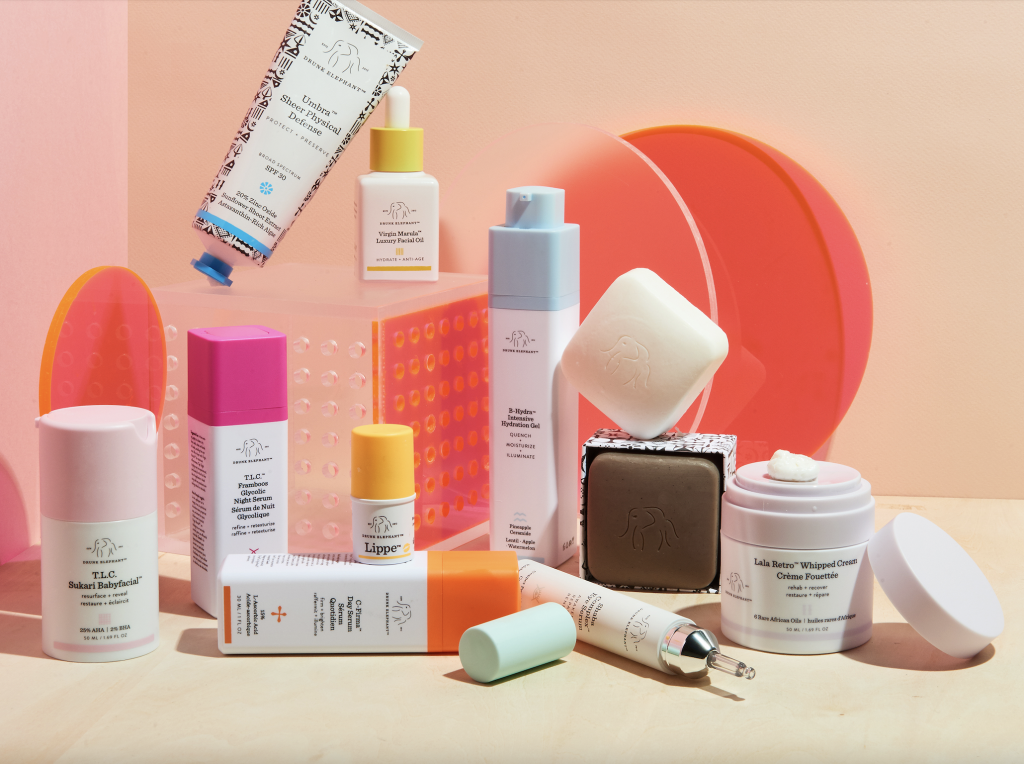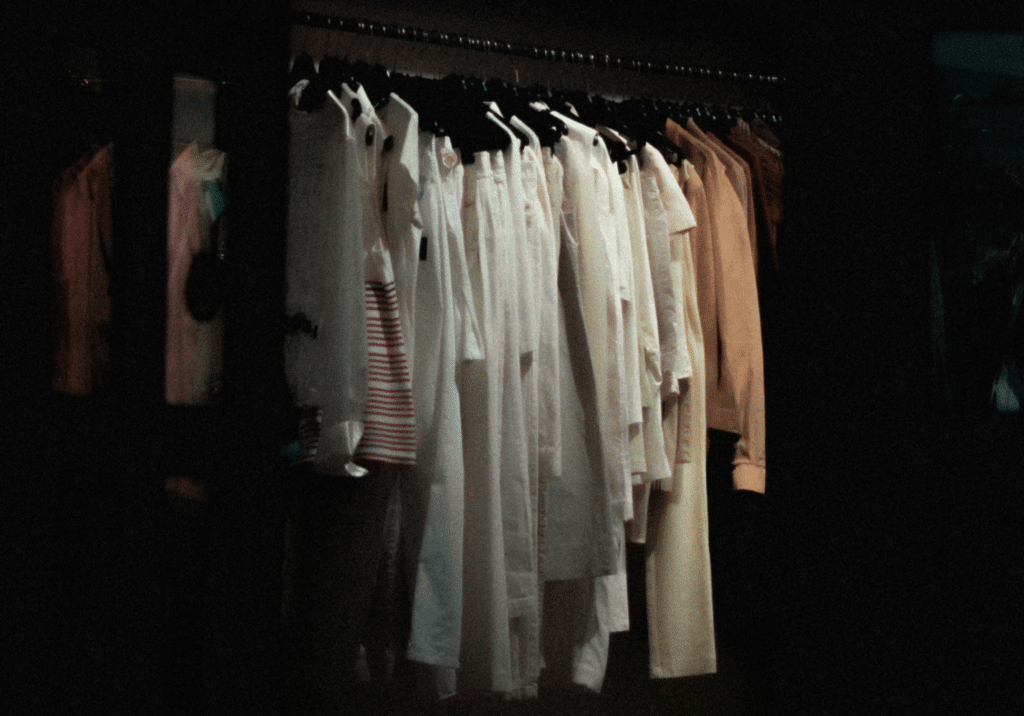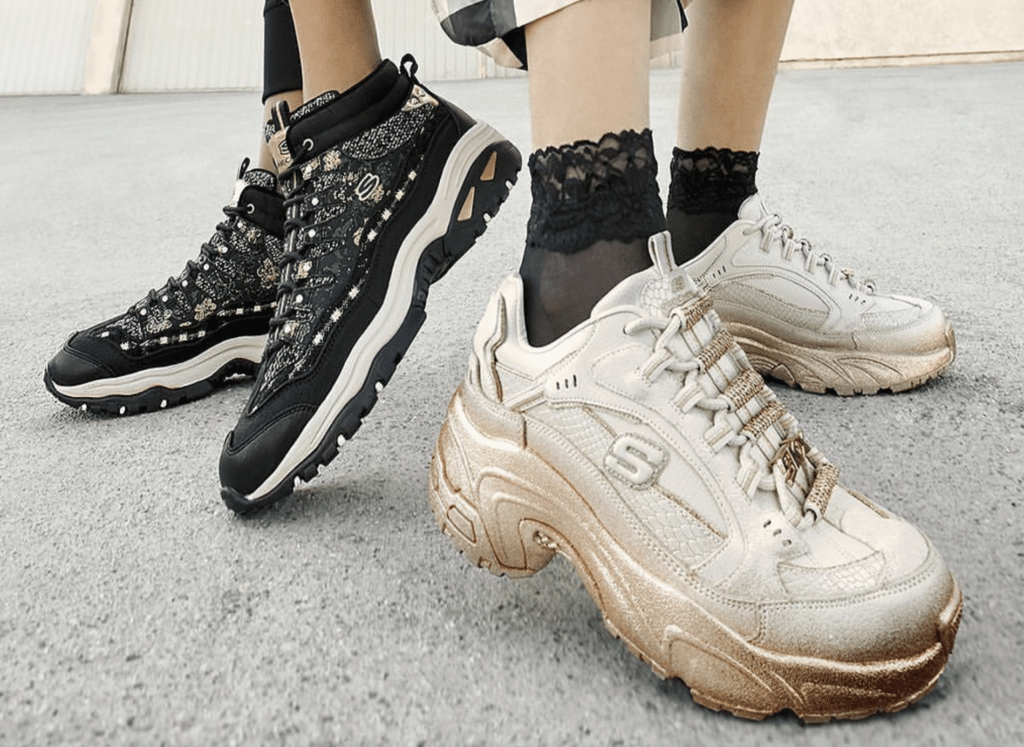A number of U.S. states are banning the sale of cosmetics that have been tested on animals, with Virginia becoming the newest name on a slowly growing list. On the heels of California, Nevada and Illinois taking an official stance against animal-tested products, such as makeup, skincare, and haircare goods in recent years, beginning in 2018 with California (which piggybacked on an existing 2002 law that focused on animal testing), Virginia Governor Ralph Northam signed the Humane Cosmetics Act into law on March 16, formally prohibiting cosmetics manufacturers from “conducting or contracting for cosmetic animal testing [within the state]” and from selling animal-tested products beginning on January 1, 2022.
The rise in state-specific anti-animal testing legislation in California, Nevada, Illinois, and now Virginia is expected to be part of a larger effort on a state-by-state basis, as ABC reports that “several other states, including New Jersey, Maryland, Rhode Island, Hawaii and New York may also pass similar laws” in the not-too-distant future. Such legislative activity is also expected to translate to a federal bill, with Congressional Representative Don Beyer of Virginia revealing on Twitter this month that he intends to “reintroduce federal legislation to make this the standard across the country.”
The push is being celebrated by consumers and animal advocacy groups, alike. “This fantastic news illustrates a growing momentum in efforts to end unnecessary testing on animals in the United States and around the world for products like shampoos, mascara and lipstick,” the Humane Society of the U.S. asserted on the heels of the passage of the Virginia state legislation, noting that “consumers are scanning labels and demanding products free of animal testing, cosmetics companies are listening to them and changing their practices, and lawmakers are solidifying these changes into permanent policy.”
But how much will such efforts really change the business status quo? Chances are, a lot less than you might expect – at least when it comes to sales of cosmetics products in the U.S. and some other major Western markets. As it turns out, many companies have already distanced themselves from animal testing – hence, the wave of “cruelty free” cosmetics, and thus, rely on other methods to prove the safety (and efficacy) of their products. Cosmetics stalwart Estee Lauder Co., for instance, boasts that it was “one of the first cosmetics companies to eliminate animal testing as a method of determining product safety” more than 30 years ago, while newer market entrant Drunk Elephant made its name beginning in 2012 based on the fact that none of its ingredients, formulations, or finished products are tested on animals.
Looking Beyond the U.S.
With brands having already adopted a cruelty-free approach to testing (and in a swiftly growing number of instances, offering up vegan products to meet mounting consumer demand), this budding trend of anti-animal testing legislation is not expected to cause substantial disruptions from a practical standpoint. There is one place where these laws have proven to be consequential: China. As international brands well know, China has long-maintained a requirement that most cosmetics sold in that nation of more than 1.4 billion people must undergo testing on animals by Chinese regulators before hitting the market.
With such stringent Chinese regulations in mind, these state laws have not been without significance. For one thing, they have made it difficult for non-native cruelty-free brands to enter the Chinese market without working with an established cross-border e-commerce company, such as Alibaba, or by making changes to their own processes (and risking consumer pushback as a result) . But beyond that, the growing number of state animal testing laws is noteworthy, according to the Associated Press, in that such legislation “draws a line in the sand” when it comes to China and its burgeoning beauty market given China’s requirement of pre-market testing of imported cosmetics. Such domestic legislation has aimed, in large part, to “put pressure on the U.S. government to pass a nationwide ban” and help end China’s animal testing requirements, the AP asserted last year. (To date, “the only exception” to China’s animal-testing rules has existed for companies whose cosmetics are sold through cross-border e-commerce sites, such as Alibaba’s Tmall and JD.com.)
Interestingly enough, a recent declaration from China’s National Medical Products Administration seems to indicate that a nation-wide ban in the U.S. is not necessary to get China to ease on some of its animal testing rules. In an announcement in early March, the Chinese government agency tasked with ensuring the safety of food, health food and cosmetics revealed that it will implement new regulations, including an exemption to the otherwise mandatory pre-market animal testing of certain imported general-use cosmetics, this spring. As of May 1, 2021, importers of general cosmetics – as distinct from “special-use” cosmetics, such as hair dyes, skin whitening products, and sunscreens, etc. – will not need to submit to animal testing if they can produce: (1) a certification issued by the authorities in the country of origin regarding a quality management system for cosmetics production; and (2) product safety evaluation results that can sufficiently prove the product’s safety.
China is not swearing off animal testing across the board, as the newly-revised rules apply only to pre-market animal testing (i.e., they do not change the requirements around secondary animal testing requirements in case of customer complaints or product recalls) and to general use cosmetics. Nonetheless, Shanghai-based attorney Maarten Roos says that the new “specifications are a clear sign that China is relaxing its principled stance on the issue” of animal testing.
The Rise in Cruelty-Free
Roos notes that China’s adoption of new regulations in the beauty space – including providing for a simplified filing system for new ingredients and reducing “special-use” categories, among other things – “clearly indicate that China is trying to streamline its regulatory framework for the industry.” And they come as part of a larger efforts to stomp out animal testing, which coincides with consumers across the globe increasingly scrutinizing the labels on their cosmetics, and prioritizing various alternatives to traditional beauty products, including cruelty-free ones. As such, the market for cruelty-free cosmetics has grown significantly in recent years in the U.S., alone, and is expected to reach $10 billion in value by 2024, according to a recent Market Research Future report.
In China, where consumers were responsible for a reported $62.8 billion in annual sales in 2020, the market for cruelty-free and natural beauty products is currently experiencing a “coming of age” moment. Despite years of mandated animal testing, AgencyChina states that “the majority of Chinese consumers” are, in fact, interested in natural beauty products, including ones that are free of animal testing and/or animal byproducts, and are “willing to pay a premium to access” these products. The Shanghai-based e-commerce and marketing consultancy notes that such a budding affinity for a wider pool of cosmetics “is being stoked through social media platforms, where users can read reviews about niche brands that have strong word of mouth, garnering more interest for cruelty-free skincare in China.”
While regulatory hurdles have made this difficult for many brands to date, changes in Chinese law are expected to lead to an influx of international cosmetics brands that wish to expand into China’s sweeping cosmetics market (which is the second largest in the world behind the U.S.) on their own and without needing to rely on third-party platforms to do so.











